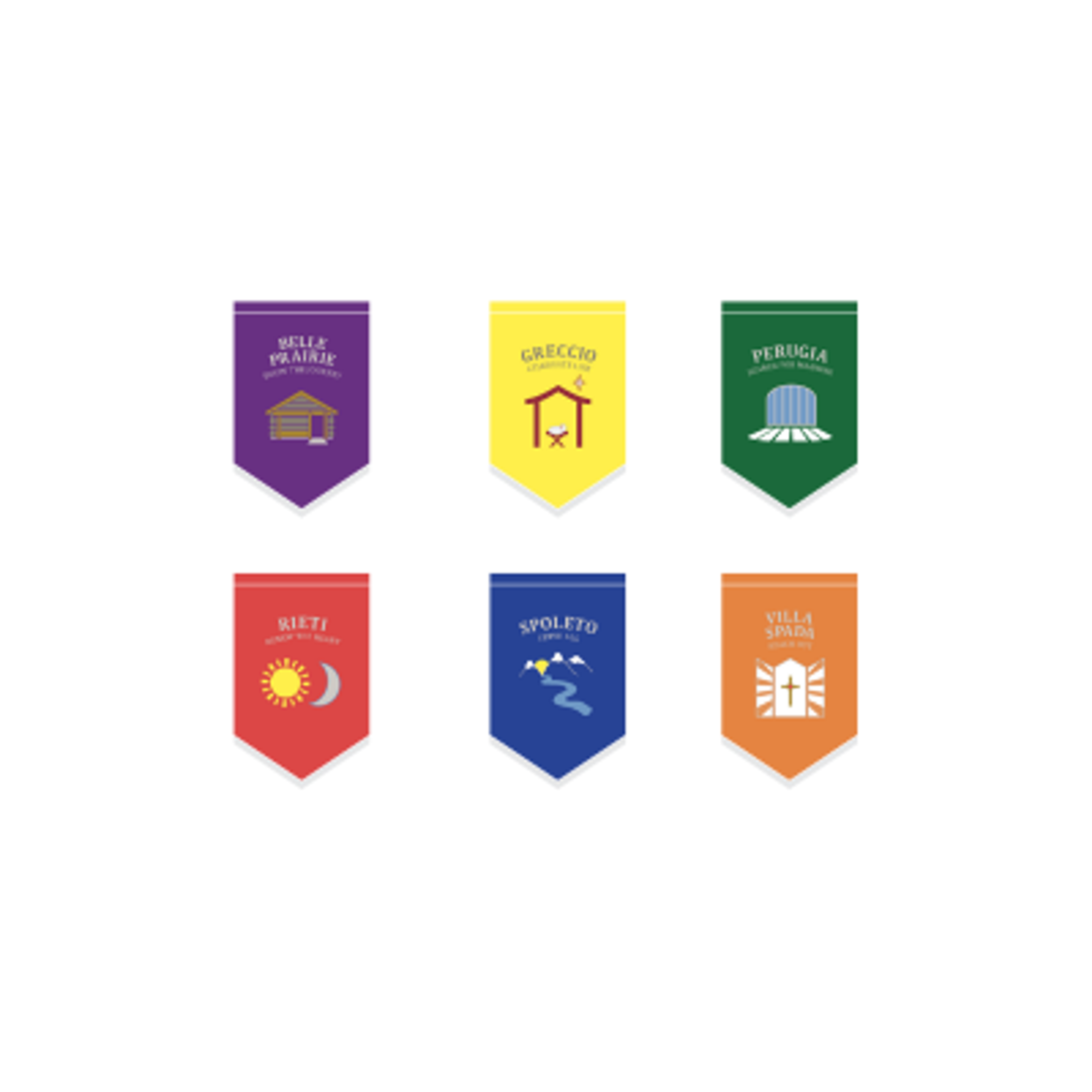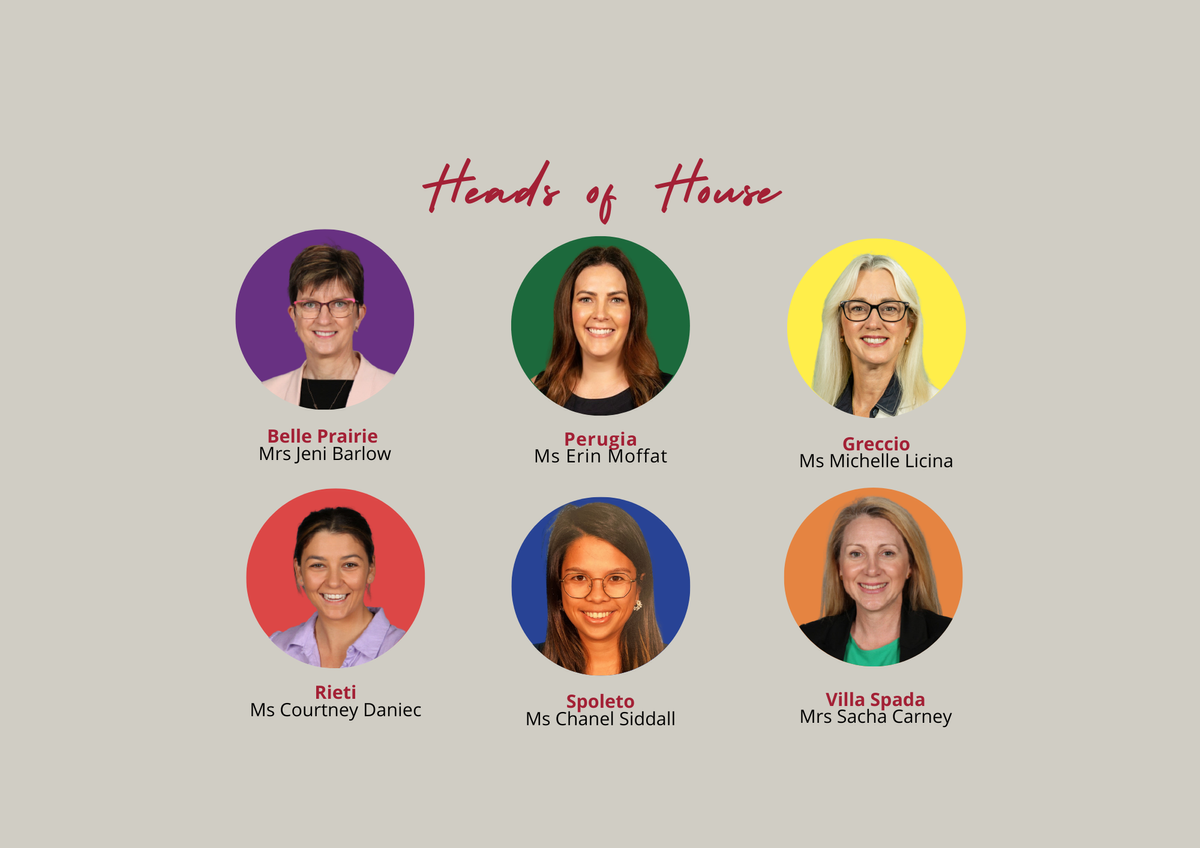Heads of House

Service matters – It is so much more than a gold coin!
St Francis, St Clare, and Elizabeth Hayes were people of faith who wholeheartedly served others. In its 67-year history, Mount Alvernia has a proven track record of serving our local and global community with volunteering and donation drives. The Missionary Franciscan Sisters instilled the value of service to our first pupils and it is wonderful to know their legacy continues.
At times it feels there are lots of requests to our community for gold coins, donation of goods, and volunteers to serve. Currently, we are requesting winter clothing and non-perishable food and toiletry items for Vinnies, Rosies, and the West End Community House. It is never our intention to create donor fatigue. The benefits of our service program assist Mount Alvernia students as much as the people we are serving.
In his book, Give and Take: Why Helping Others Drives Our Success, Adam Grant provides evidene about two types of people – givers and takers. In the workplace, ‘givers’ tilt mutuality in the favour of others. By being other-focused, they pay more attention to what other people need from them, creating a workplace team harmonious in their efforts to achieve results. When people make decisions in a self-focused state, they are more likely to be biased by ego threat. When people focus on others, as givers do naturally, they’re less likely to worry about egos, look at the big picture, and prioritise what matters most to others. When ‘givers’ succeed, it spreads and cascades. When ‘takers’ win, someone has usually lost. Givers succeed in a ripple effect, enhancing the success of the people around them (Grant, 2013).
The summary of findings of a Harvard Graduate School of Education report identifies that young people need ongoing opportunities to practise caring and helpfulness, sometimes with guidance from adults (Harvard Graduate School of Edcuation, 2014). They need to learn to zoom in, listening closely and attending to those in their immediate circle, and to zoom out, taking in the big picture to consider multiple perspectives. Concern for other people promotes supportive relationships, and students who care about others also tend to see their education as preparation for contributing to society—an outlook that inspires them to persist even when studying is dull! It is by zooming out and taking multiple perspectives, including the perspectives of those who are too often invisible, that young people expand their circle of concern and become able to consider the justice of their communities and society.
Hugh Van Cuylenburg’s best-selling book, The Resilience Project, describes empathy as the ability to psychologically feel what another person is feeling (Van Cuylenburg, 2020). The more empathetic we are, the more likely we are to act in a kind way. Kindness releases oxytocin and this happy hormone creates feelings of joy, happiness, and love.
It is through this research and evidence, along with the work of our founders, that acts of service and donations will always be at the heart of everything we do. While the immediate benefit is to those on the margins who we serve, we can’t help but be excited about future workplaces filled with Mt A alumnae who developed their willingness to give to others through gold coins, food items, or the gift of their time. It would be such a missed opportunity for the College and our local and global community if we did not.
Works Cited
Grant, A. (2013). Give and Take: Why helping others drives our sucess. London: Weidenfeld & Nicolson.
Harvard Graduate School of Education. (2014). The Children We Mean to Raise: The Real Messages Adults Are Sending About Values. Cambridge: Making Caring Common Project.
Van Cuylenburg, H. (2020). The Reslience Project. Australia: Penguin Life.

